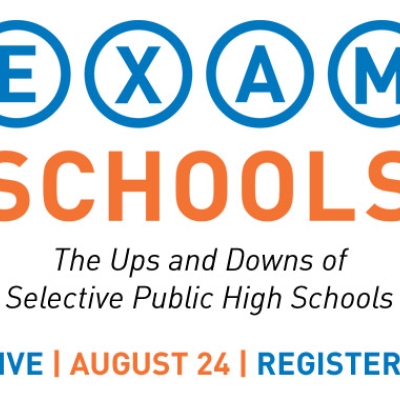We all know the story: the team that's always way back in the standings employs a brilliant new strategy to try to close the gap between itself and the wealthy powerhouses. The strategy works, but only briefly, as the well-off teams quickly steal the winning strategies to maintain their advantage. No, this isn’t the plot of Moneyball; rather, it’s the plot of Rick Hess and Max Eden’s case study of Douglas County, Colorado. This sprawling, affluent suburb south of Denver has employed reforms typically found in low-income and urban settings. Specifically, the all-reformer, all-conservative school board created a voucher program, adopted a new curriculum, and developed new assessments and teacher-quality initiatives like merit pay. The voucher program, which would have served nearly 500 students if not for a court injunction stemming from an ACLU lawsuit, is especially interesting. Unlike most statewide programs of this sort, Douglas County’s would have used the state charter law to authorize participating private schools as quasi “charter schools.” The “charters,” in turn, receive three-quarters of the students’ state funding towards tuition, while the rest goes to the district. The study draws attention to the false assumption that the average wealthy, suburban school district is fat, happy and complacent, and brings into focus what could happen when districts employ reforms to go from good to great, instead of from poor to passable. Bold reform in even a conservative area like Douglas County is never easy, however, and a separate analysis by Bill Bennett underscores the importance that these reformers have placed on communicating their wide-ranging agenda to interested parties and the general public. Both studies should remind state policymakers of the importance of providing local flexibility—and district policymakers of the importance of availing themselves of such. The coming years will tell whether these changes have had a significant impact on Douglas students—that is, if the reforms even survive that long. (Both political and education junkies will want to stay up late on November 5 to see if four of the seven members of the Douglas school board who are up for reelection survive.) Like Moneyball, this story is worth paying attention to. But unlike baseball strategies, education reforms don’t require equal numbers of winners and losers—which is why the country needs more districts willing to take on bold new reforms that might someday become ideas worth stealing.
SOURCE: Frederick M. Hess and Max Eden, The Most Interesting School District in America? (Washington, D.C.: American Enterprise Institute, September 2013).
